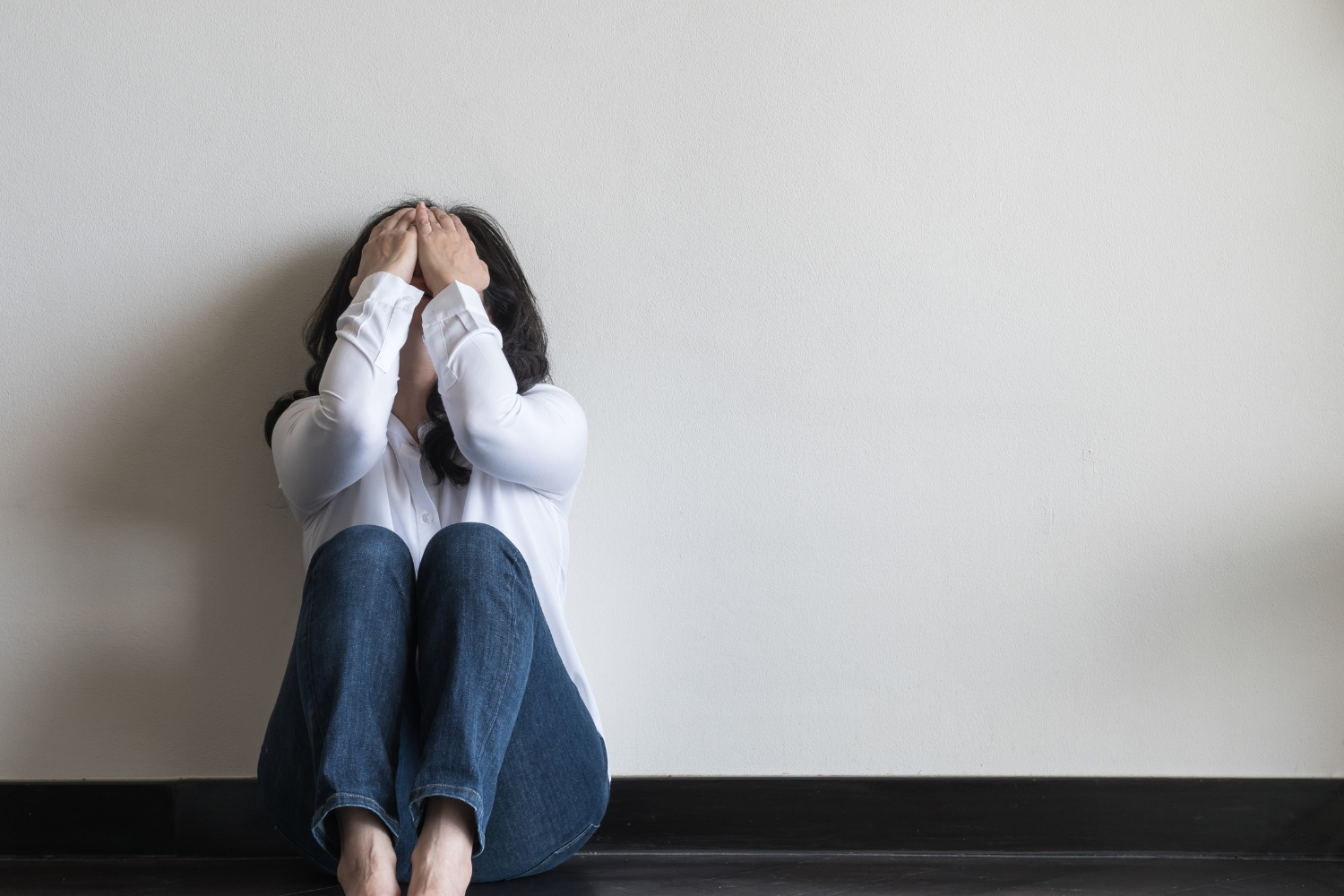Anxiety refers to an unpleasant mood associated with physical symptoms that are the result from the feeling of uncertainty about the future or threat to one’s well-being. When anxiety becomes excessive, it can manifest in different psychiatric disorders, for example, generalised anxiety disorder, panic disorder, phobias, to name a few.
What Are The Clinical Presentations Of An Anxiety Disorder?
The clinical presentations are manifested differently depending on the type of anxiety disorder one is experiencing. In general, the physical signs of anxiety may include:
• Tension headache
• Dizziness
• Dry mouth
• Choking sensation
• Difficulty breathing
• Fast heartbeat
• Gastrointestinal discomfort
• Muscle tension
• Cold sweats
• Tremor
What Are The Underlying Causes Of Anxiety?
Similar to depression, anxiety can be caused by multiple factors. Some biological explanations of anxiety are genetics, neurotransmitter disturbances, medical conditions, substance use, etc. The psychosocial factors of anxiety include life stresses or traumas, upbringing, personality, and other factors
How Is Anxiety Disorder Treated?
The underlying cause of the disorder determines the treatment for anxiety disorder. There are different treatment approaches for anxiety disorders. Anxiety disorders can be treated using medications and psychotherapies.
The commonly used medication to treat anxiety disorders are antidepressants such as selective serotonin reuptake inhibitors (SSRIs). Benzodiazepines are also useful in the short term.
Psychotherapy (e.g., cognitive-behavioural therapy) or counselling are other common methods to manage anxiety. The suitability of the choice of treatment will be decided during the consultation.
Taking Care Of Your Mental Health
We must take good care of our mental well-being, just like we care for our physical health. Ensuring that we have a healthy balanced diet, adequate physical activity, a good amount of rest, and social support are essential for our mental fitness.
 +604 222 9111
+604 222 9111
 +604 222 9199
+604 222 9199






